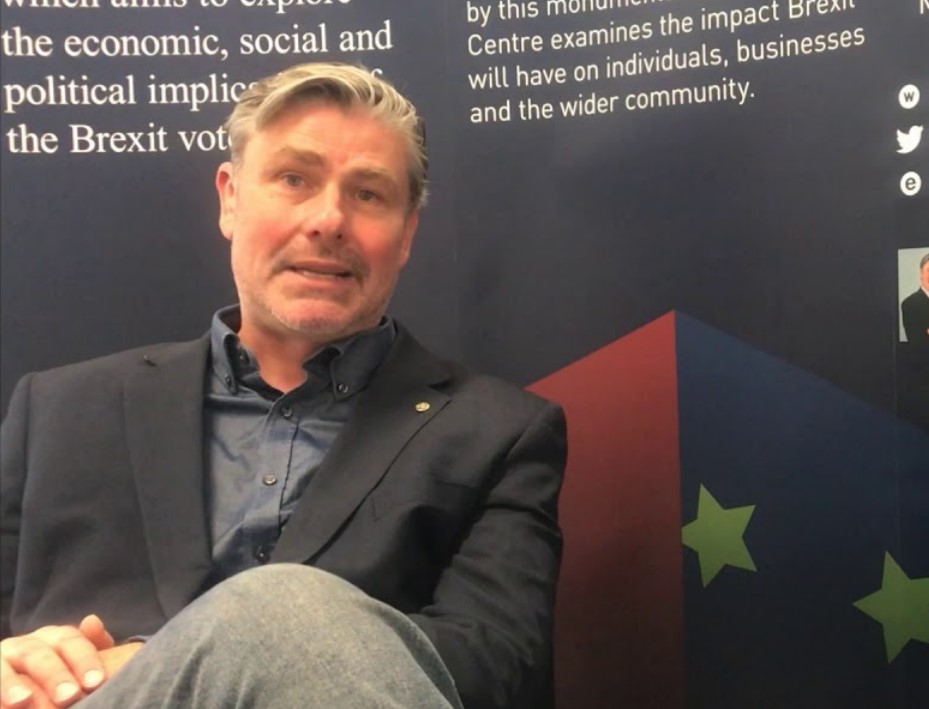A leading economist has cautioned that ‘ethnically and socially diverse’ younger asset poor workers are set to be hit the hardest by the UK government’s proposed National Insurance rise to pay for health and social care.
Speaking ahead of an MP vote on the Prime Minister’s recommended NI rise in the Commons, Professor Alex de Ruyter of Birmingham City University also said, “Principle beneficiaries will overwhelmingly be those of a middle class, white British background and their numbers are concentrated in the south of England.”
“Very few would disagree with the need to tackle NHS waiting lists and the pandemic-related backlog. This will cost a lot of money. As for social care, the government is effectively taking on an insurance function - much as it does for healthcare. This can be thought of a “basic income in kind”. Given the absence of a well-functioning insurance market, it makes a lot of sense.
“However, the difficulty is not the measures themselves – which many would argue don’t go far enough – but the fact that the burden of paying for it is unfair. In order to insure (predominantly, but not exclusively) the elderly against the costs of social care, the burden of payment falls overwhelmingly on working adults.
“The principle beneficiaries are going to be those who now stand to inherit what would otherwise have gone on social care. These will overwhelmingly be those of a middle class, white British background and their numbers are concentrated in the south of England. Those who pay the costs will be the asset-poor who work – an ethnically and socially diverse group who tend to be younger. This does not seem just.
“More broadly, issues such as poverty, poor work incentives for the low-paid and child nutrition as well as a host of others like mental health due to financial circumstances, some health inequalities and delivering on at least part of the “levelling up” agenda could be tackled via a Universal Basic Income. Although expensive, this would function much as the NHS does (the NHS being effectively a “basic income in kind”) – ensuring a minimum standard of living available to all - sufficient to feed and clothe themselves as well as putting a roof over one’s head.”











